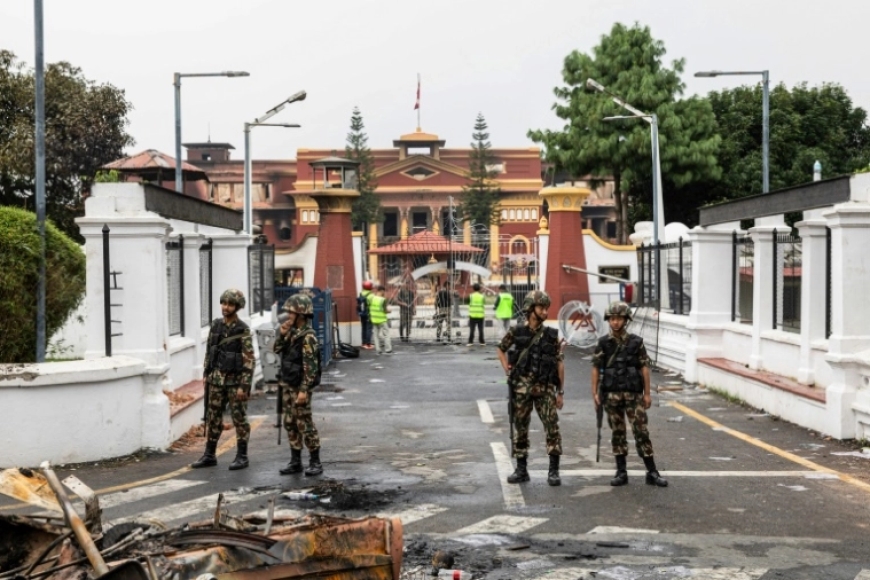Former French President Nicolas Sarkozy Sentenced to Prison in Libya Funding Case
Nicolas Sarkozy, the former president of France, has been sentenced to five years in prison after being found guilty of criminal conspiracy related to illegal campaign funds from the late Libyan leader Muammar Gaddafi. The Paris court's decision marks a significant moment in French political history, as Sarkozy faces jail time despite plans to appeal the ruling.
The Verdict and Sentencing
The 70-year-old Sarkozy, who served as president from 2007 to 2012, was acquitted of other charges, including passive corruption and illegal campaign financing. However, the court found him guilty of criminal conspiracy for actions taken between 2005 and 2007 related to securing campaign funding from Libya. Judge Nathalie Gavarino stated that Sarkozy allowed close aides to contact Libyan officials in an attempt to obtain financial support for his 2007 campaign.
The sentence includes a fine of €100,000. Despite the intention to appeal, Sarkozy is expected to be summoned within a month by the prosecutor's office to be informed of his incarceration date. This immediate enforceability of the sentence has sparked considerable debate within France.
Sarkozy's Response
Visibly moved after the verdict, Sarkozy expressed his anger and called the ruling "scandalous" and an "incredible injustice." He maintained his innocence, stating, "If they absolutely want me to sleep in jail, I will sleep in jail, but with my head held high." He further added that the ruling was a "grave danger" to the rule of law and trust in the justice system. His wife, Carla Bruni-Sarkozy, stood by him during his statement.
Background of the Case
The investigation into Sarkozy began in 2013, following accusations that he received millions of euros from Gaddafi to finance his 2007 election campaign. The prosecution alleged that Sarkozy promised to help Gaddafi improve his reputation among Western countries in exchange for financial backing. The case has involved numerous witnesses, including Ziad Takieddine, a Franco-Lebanese businessman who claimed to have delivered suitcases of cash from Tripoli to the French interior ministry. Takieddine died in Beirut just days before the verdict, adding another layer of complexity to the proceedings.
Reactions and Implications
The verdict has elicited mixed reactions from French politicians. Some on the right have criticized the ruling as biased, while others on the left have welcomed it as proof of the judiciary's independence. Marine Le Pen, a far-right leader, voiced concern over the immediate enforceability of the sentence pending appeal. Despite facing legal battles and having his Legion of Honour stripped, Sarkozy remains an influential figure in French politics.
Previous Legal Troubles
This is not the first time Sarkozy has faced legal troubles. In February 2024, he was found guilty of overspending on his 2012 campaign and ordered to wear an electronic tag. In 2021, he was convicted of corruption and influence peddling. He has appealed these rulings, but the recent sentencing in the Libya funding case marks a new chapter in his legal woes. The ruling potentially sets a precedent for accountability among former heads of state in France.
 Visit the website
Visit the website




